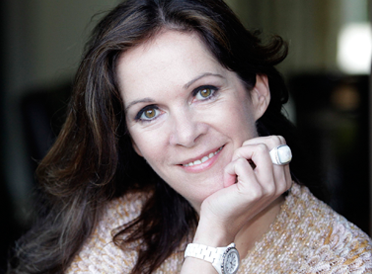Dealing with debt, Part 2

 Last week I wrote that family finance institute Nibud calculated that Dutch families in debt cost society €11bn a year. That amount would cover the cost of redesigning and implementing a new tax system twice over with something to spare for education and health care innovation. And that’s just a single year’s worth.
Last week I wrote that family finance institute Nibud calculated that Dutch families in debt cost society €11bn a year. That amount would cover the cost of redesigning and implementing a new tax system twice over with something to spare for education and health care innovation. And that’s just a single year’s worth.
Work
The standard solution for families with problematic debts is debt relief. After the debts have been written off families are free to carry on as normal. At this moment over 172,000 families are on debt relief with an average write-off of nearly €44,000 each. I don’t think this is a sustainable solution. It doesn’t change behaviour. 30% of the people who were on debt relief go back to their old ways and end up in debt again. They are not allowed to go back on debt relief for the first ten years and end up as dramatic payment recovery cases for energy companies and eviction candidates for housing corporations.
It would be much better to give people in debt an alternative and a sense of responsibility. My solution would be to swap debt for work. An hour’s work for every ten euros of debt. A debt of €8,000 would be translated into 800 hours of work. People on benefits can work during the day and people in work will have to do it in the evenings or at the weekend. It’s a bit of a pain but then debt is a personal responsibility.
Solution
No doubt critics will argue that such a plan would cannibalise paid jobs. The solution to this is to offer up the jobs that aren’t getting done at the moment, such as removing graffiti from buildings or bridges, extra cleaning work in parks or providing social support for the elderly. Working off debt is much better than writing it off. People’s behaviour will change. They will manage their finances differently because if they don’t this is what they will have to do. They will think twice before committing the same mistake twice. We need a society in which everyone takes his or her responsibility. What we don’t need are sympathetic social workers and debt ‘victims’.
Companies like Nuon, Eneco and KPN will have to spend much less on debt recovery and we can cut back on administrators, social workers and civil servants. Society will be the better for it. It’s a sustainable solution which local authorities and companies can work together to achieve.
Annemarie van Gaal is an entrepreneur and investor
This column was published earlier in the Financieele Dagblad
Thank you for donating to DutchNews.nl.
We could not provide the Dutch News service, and keep it free of charge, without the generous support of our readers. Your donations allow us to report on issues you tell us matter, and provide you with a summary of the most important Dutch news each day.
Make a donation